The ERCOT 4CP (Coincident Peak) program remains one of the most consequential demand charge mechanisms in U.S. electricity markets, with recent updates and market trends adding new layers of complexity. As transmission costs continue to rise, understanding these rules is critical for managing operational costs for ERCOT’s load serving entities, battery operators, and large commercial customers. Amperon’s enhanced and updated Peak Alerts solution helps market participants anticipate and prepare for this season’s 4CPs with twice daily alerts that leverage our ML-based forecast methodology to score and predict Coincident Peak events.
Program Overview: The 4CP Essentials
The 4CP program allocates transmission costs by identifying the single highest 15-minute grid demand interval each June, July, August, and September. Understanding and managing exposure to 4CP can lead to significant cost savings with transmission costs often making up 30-40% of a customer’s total electricity bill. In the past, forecasting load and predicting Coincident Peaks was relatively straightforward, but today’s landscape is far more complex. Rapid load growth, the expansion of storage resources, evolving program rules, and increasingly volatile weather patterns have turned predicting and avoiding these costly charges into a complex challenge.
ERCOT 2024 Postmortem
The 2024 4CP season surprised many market participants with unexpected impacts on how Coincident Peaks are determined. Notably, ERCOT updated Coincident Peak determination results from Thursday June 27th, 2024 to the rare selection of Sunday, June 30, 2024 – a day of the week not typically associated with peak system demand. A closer look at protocol updates (PUC Rule 25.192(d)) and operational guidance reveals just how fundamentally ERCOT’s methodology has evolved.
.avif)
As a result, the new calculation and formula:
4CP Load = Internal Generation + BLT Imports + Actual DC Tie Imports - BLT Exports - Actual DC Tie Exports - Total WSL
- Internal Generation: Total electricity generated within ERCOT by all in-state power plants
- BLT Imports: Block Load Transfer imports from transmission service providers within ERCOT
- BLT Exports: Block Load Transfer exports from transmission service providers within ERCOT
- Actual DC Tie Imports: The real-time (actual) amount of electricity imported into ERCOT from other grids, including Mexico or Southwest Power Pool through DC tie interconnections
- Total WSL Load: Wholesale Storage Load, the electricity consumed by grid-scale battery storage when they are charging
New Rules and New Forecasting Complexities
While these ERCOT 4CP updates align with NERC's Net Energy Load methodology, it adds significantly more complex factors to consider for market participants that are unprepared for the upcoming summer.
- Storage Load Paradox: Battery storage deployment has accelerated in ERCOT with the intention of reducing grid stress. However, its exclusion from 4CP calculations means that market participants must subtract WSL from real-time load displays when evaluating load shifting and curtailment decisions. For example, if large-scale battery storage is charging during a potential 4CP interval, ERCOT will subtract this load from the system total. As a result, the observed demand used for 4CP settlement will be lower than what occurred on the grid. This can shift the apparent system peak, affecting which interval is chosen and how costs are allocated making it harder for market participants to accurately predict and respond to 4CP events using only operational data.
- DC Tie Flow Volatility: The shift from scheduled to actual cross-border flows makes peak prediction more weather and market dependent. Market participants now must have the sophistication and data monitoring capabilities of Mexican interconnections and Southwest Power Pool transfers.
2025 Outlook and Amperon’s Peak Alerts
As ERCOT faces record-breaking temperatures in May 2025, the urgency for sophisticated 4CP forecasting has never been more apparent. This early-season heat wave is already pushing the grid towards unprecedented May demand values, approaching the record of 85.5 GW set in August 2023. Combined with the complex patterns of physical loads and adjustments in 4CP calculations, load serving entities, battery operators, and large consumers must now treat 4CP management as a cross-functional discipline that necessitates modern forecasting solutions.
As an industry-leading load forecasting provider that’s been serving the ERCOT market since 2018, Amperon has continued to invest in supporting its customers to stay informed and be prepared for both regulatory and market changes. Our updated and enhanced CP forecasting methodology now incorporates the critical storage load and wholesale storage load and DC tie forecasting components to align with ERCOT settlement methodology. Combined with our existing ML-based load forecasting and weather capabilities, Amperon’s Peak Alerts provides twice daily (0800 UTC and 1600 UTC) alerts that forecast seven days out the predicted peak hour and predicted score of Coincident Peak events for ERCOT and PJM.
Those who successfully navigate these changes can turn 4CP from a cost center into a strategic advantage – one where sophisticated load shaping during just four critical hours annually drives seven-figure savings. The key lies in recognizing that today's peaks aren't just about megawatts, but thousands of weather, grid, and load data inputs.
For 4CP forecasting, contact Amperon to receive our Peak Alerts updates via email or API.
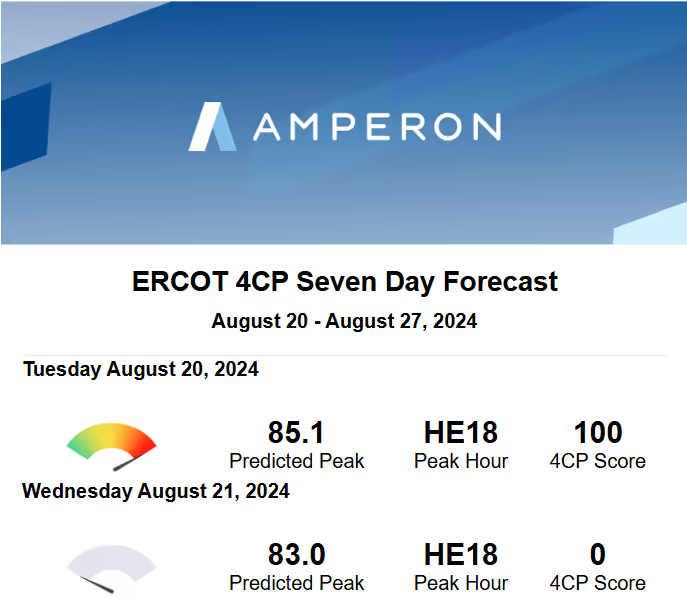



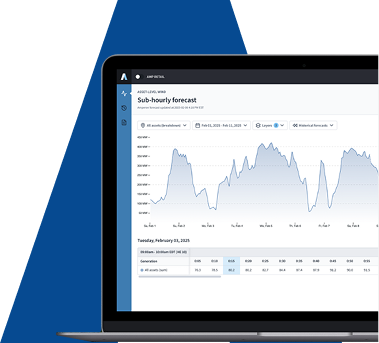
.svg)










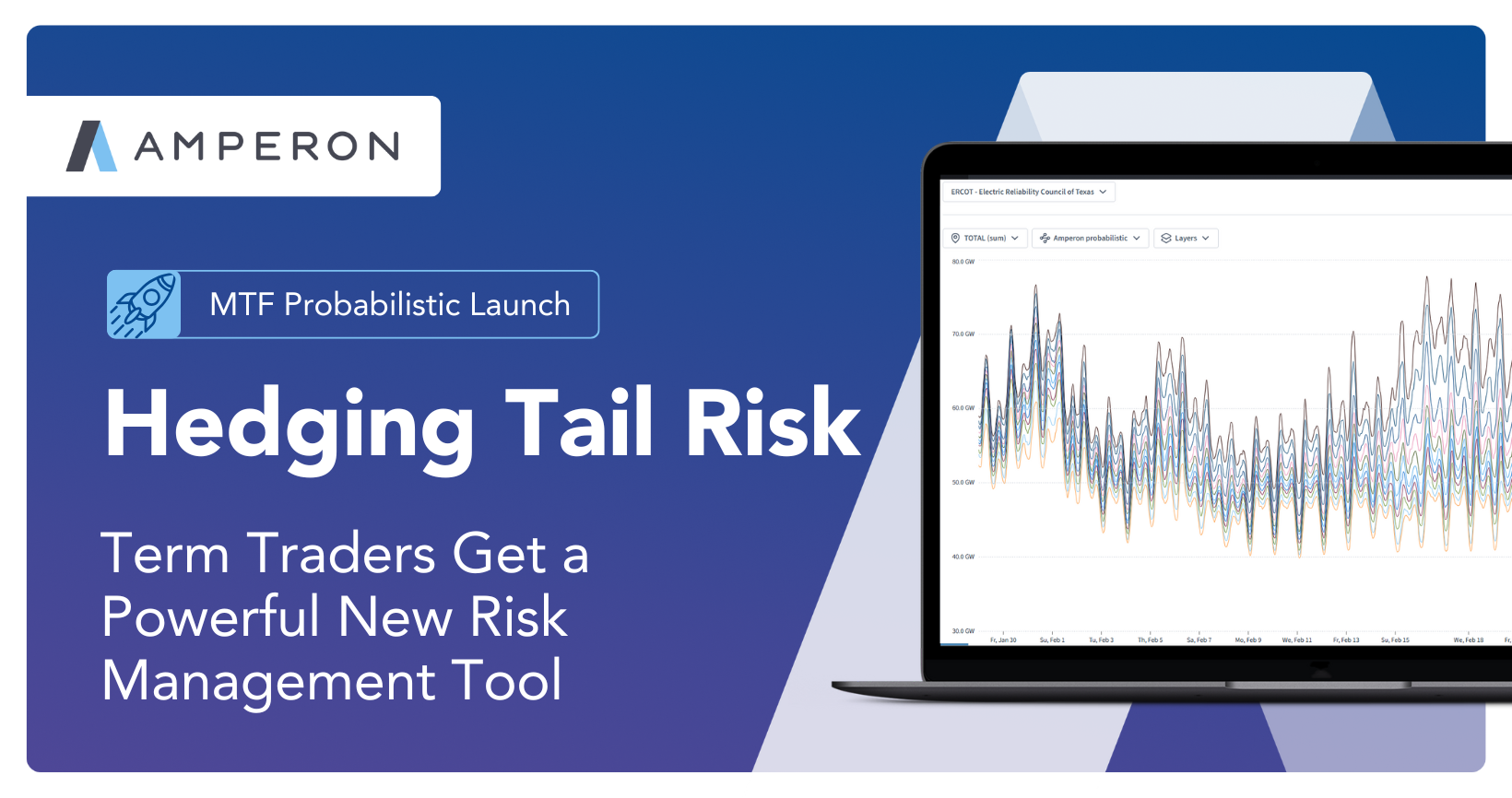
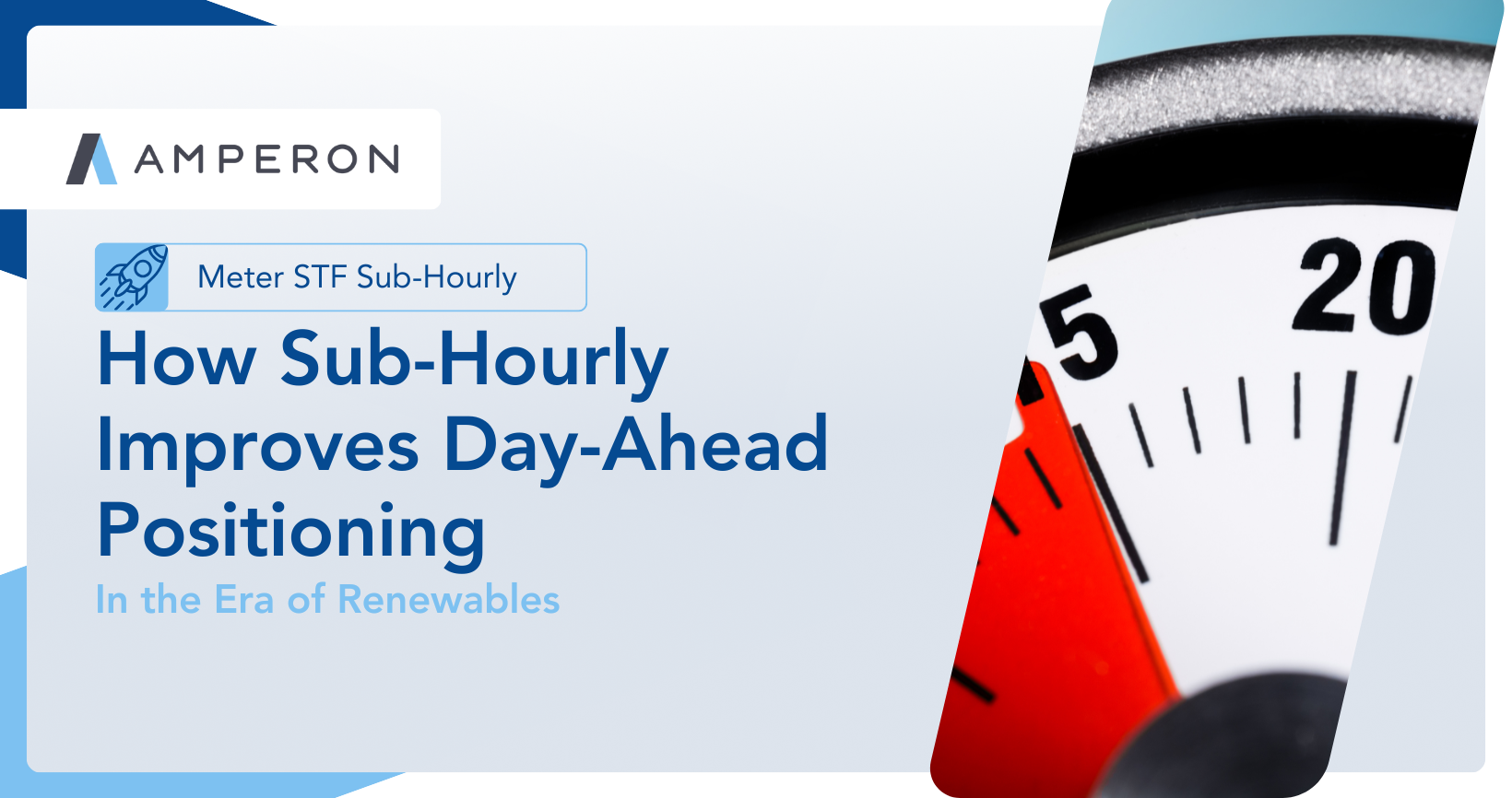

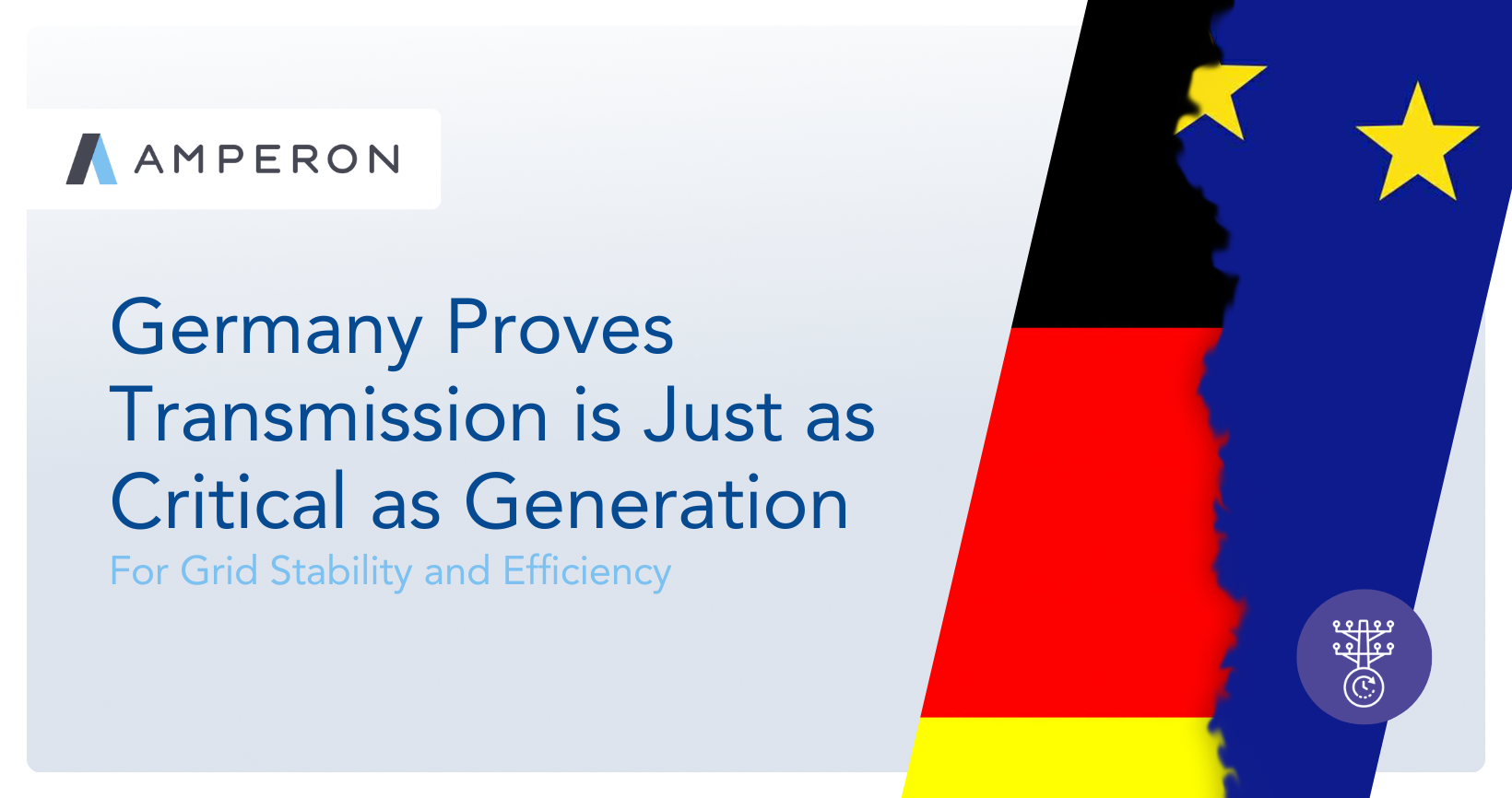


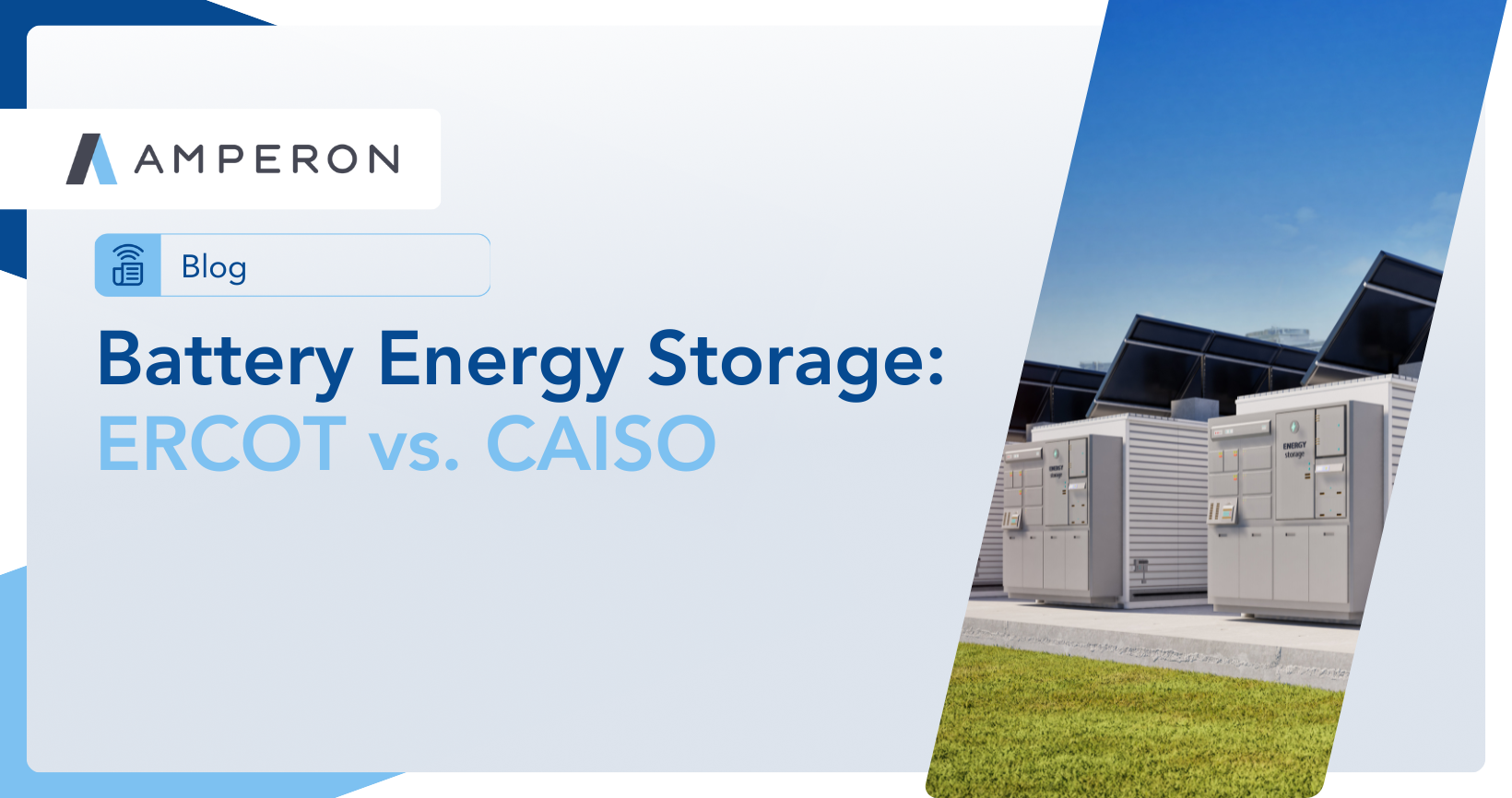



%20(3).png)
%20(2).png)
%20(1).png)






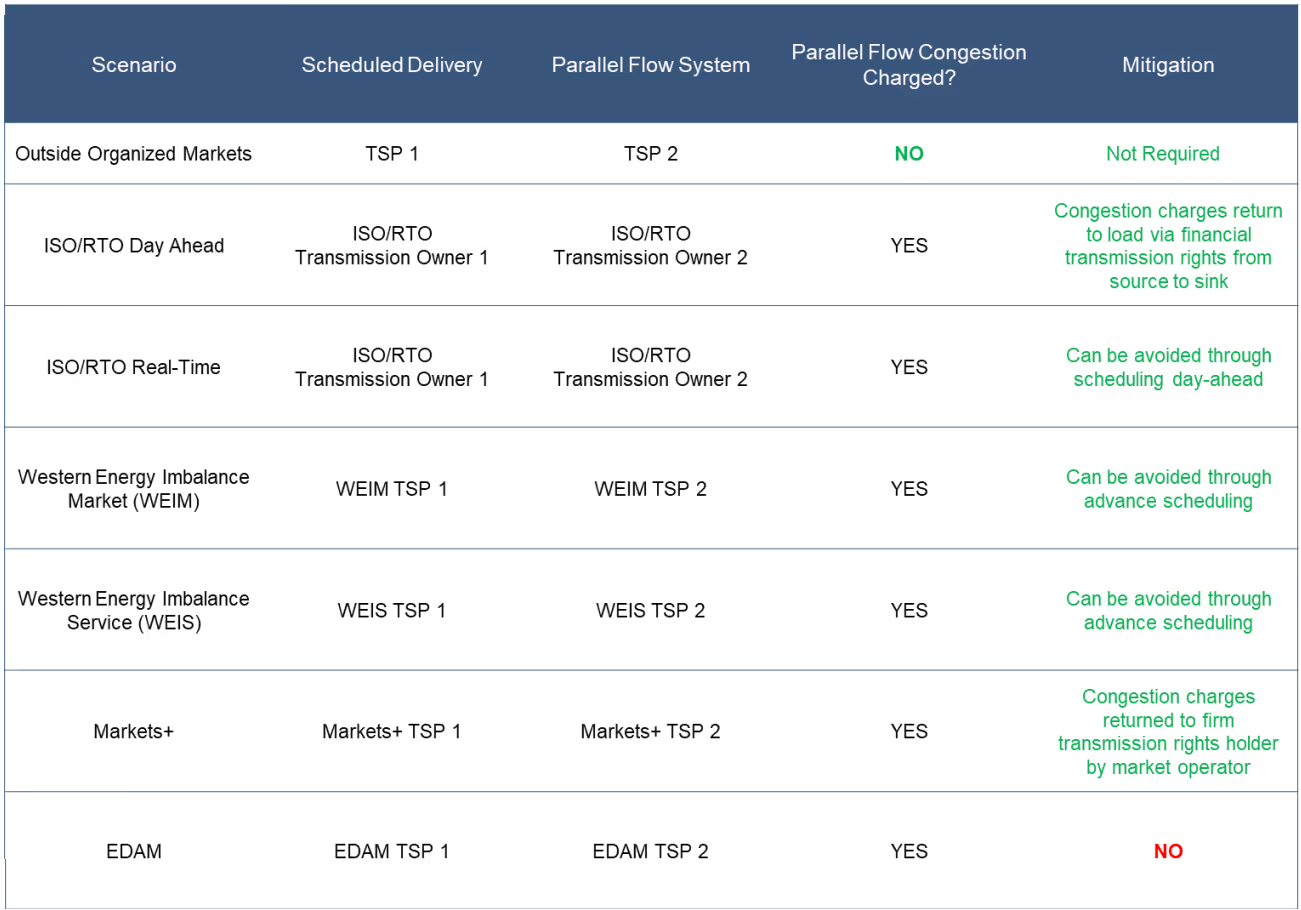
.png)

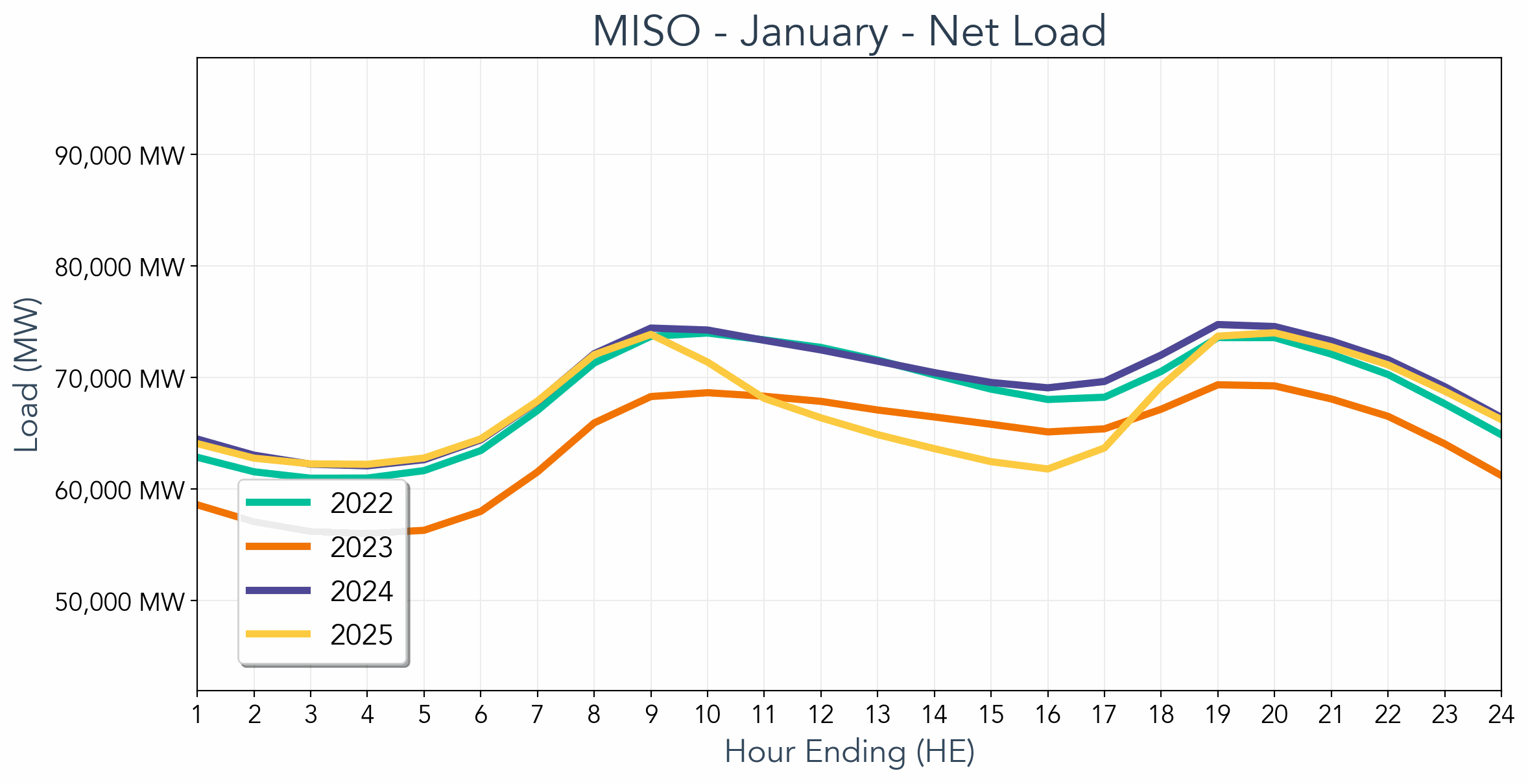

.avif)



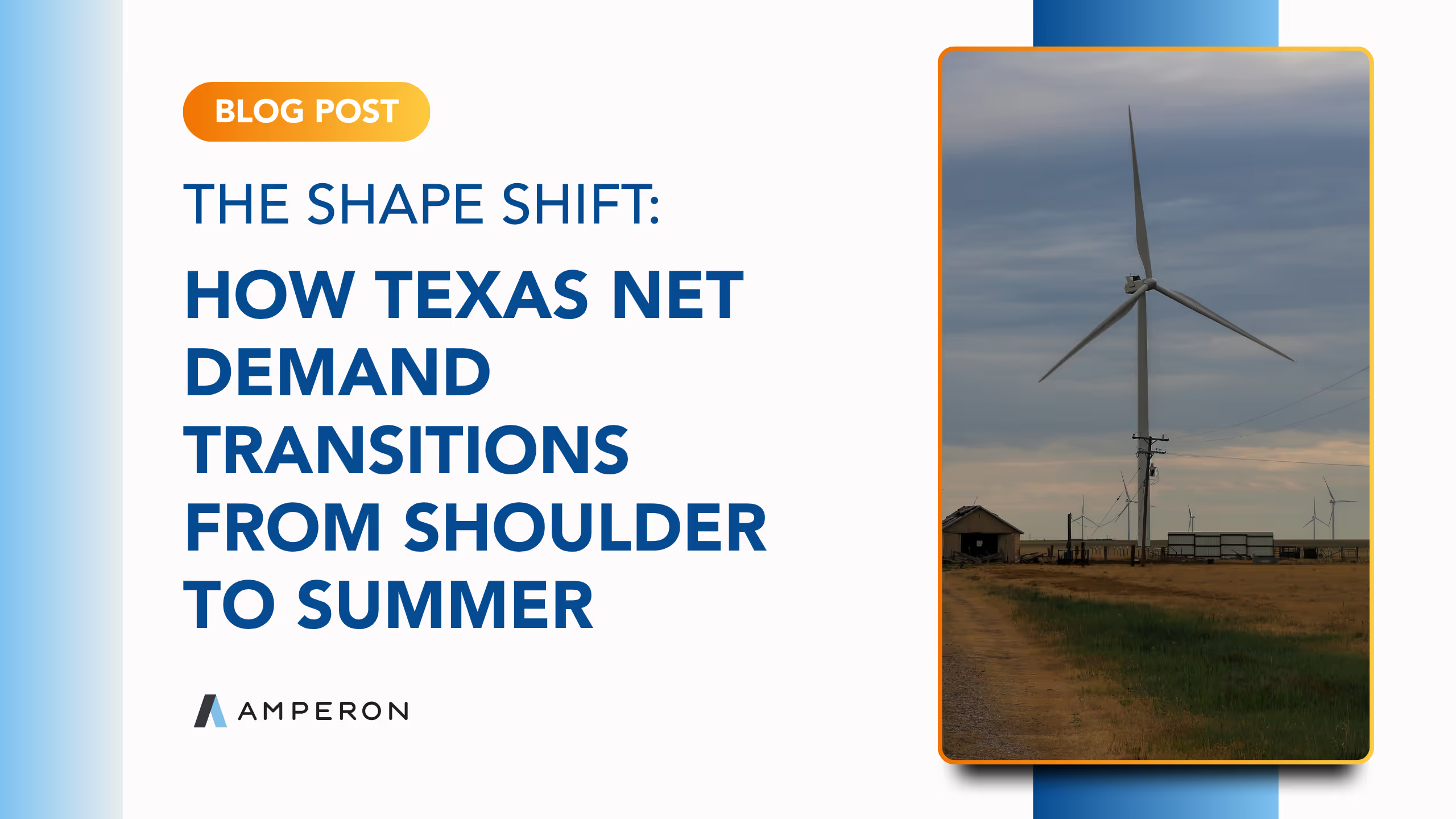
.avif)
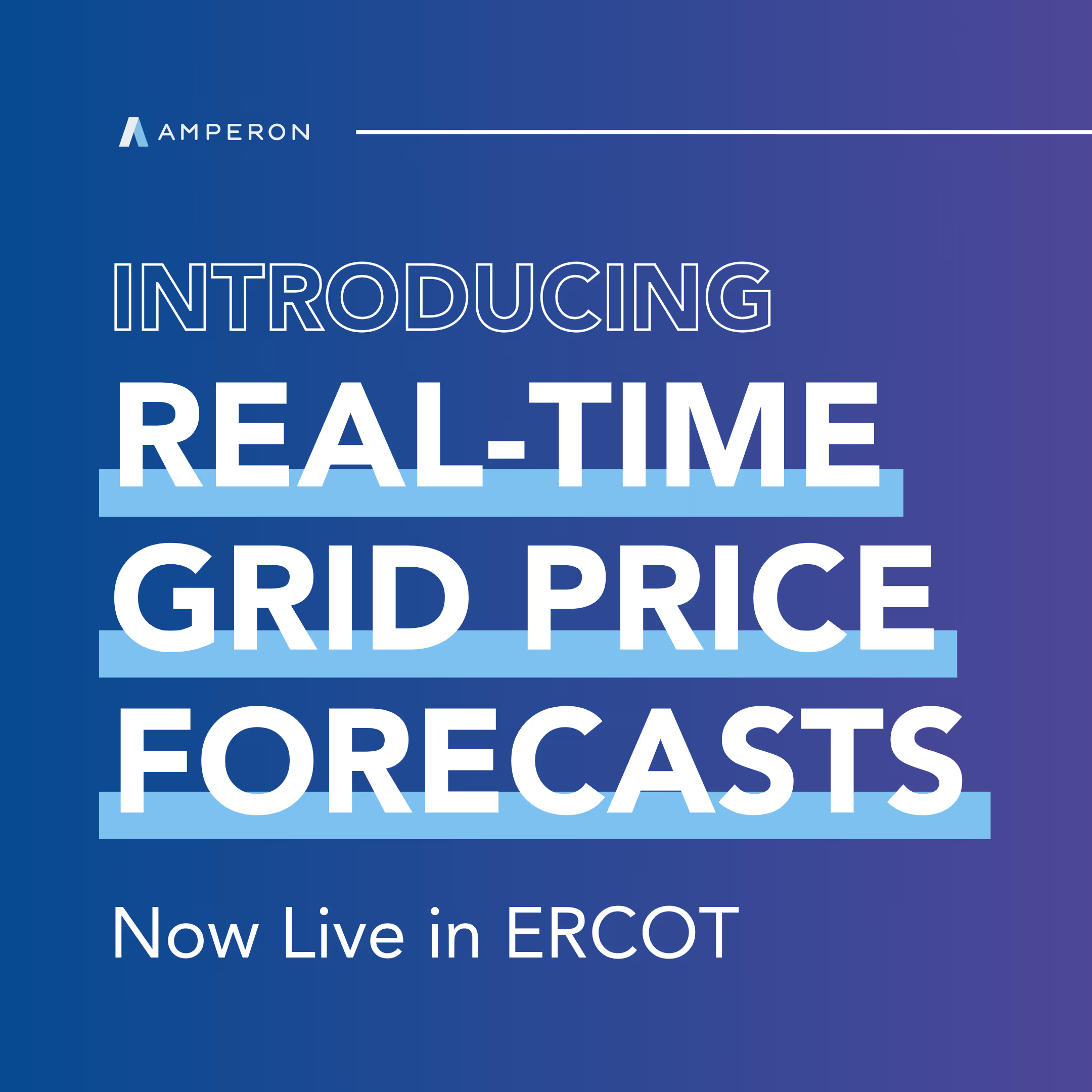
.avif)
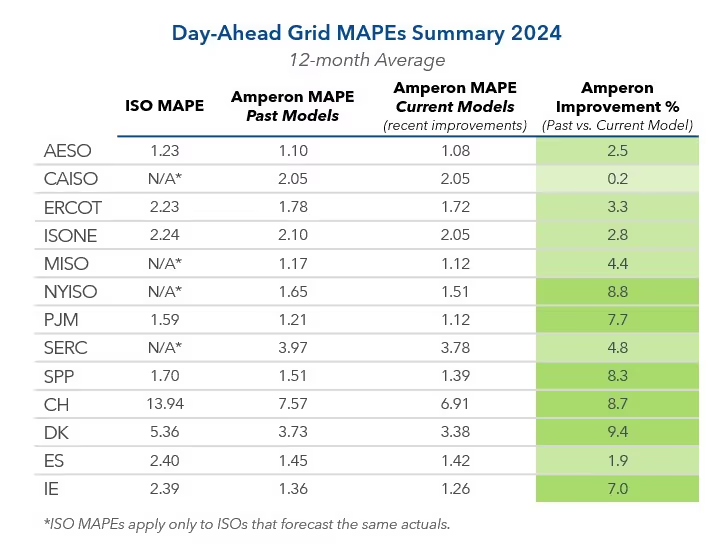

.avif)
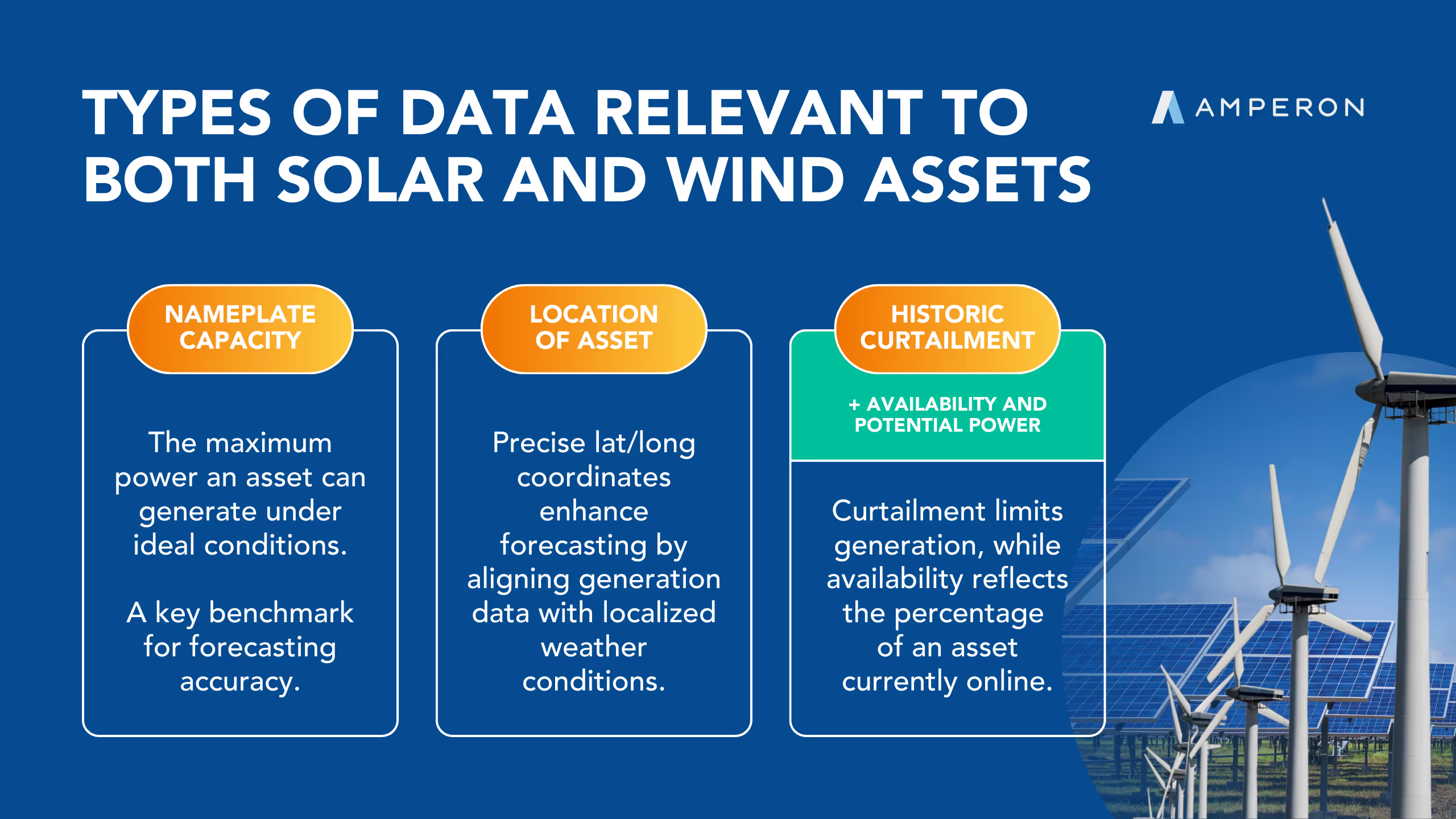
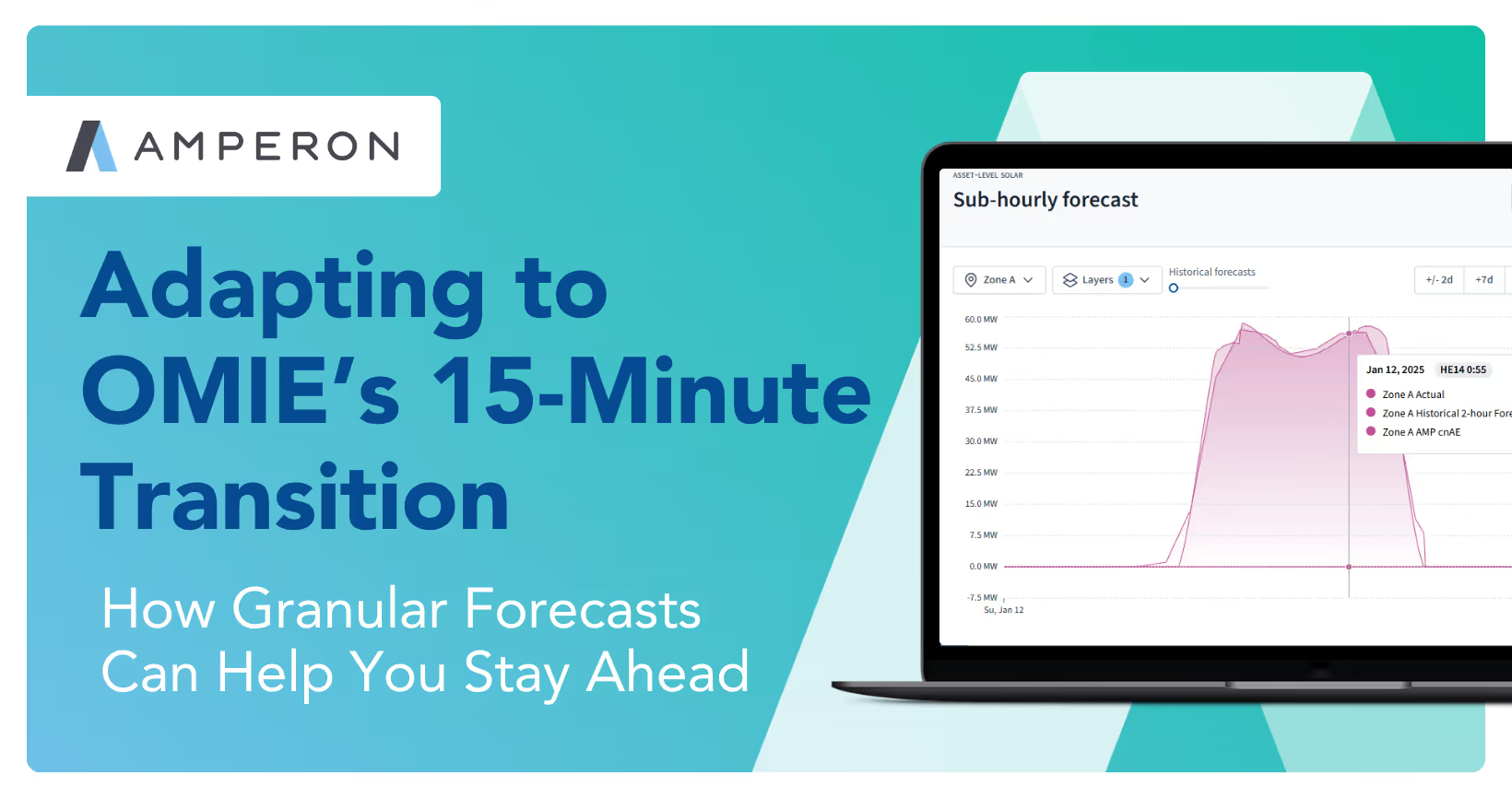
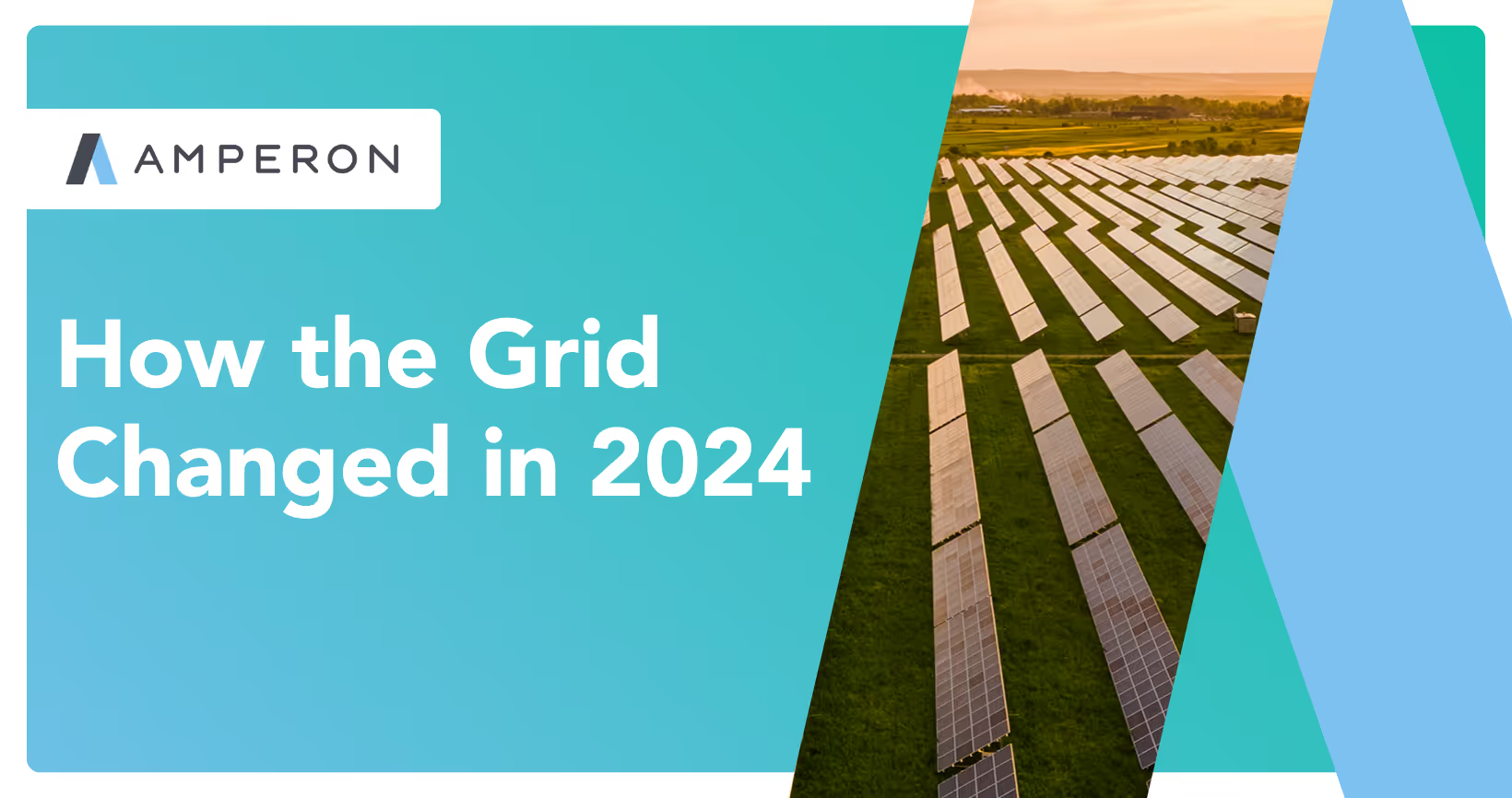
.avif)
%20(15).avif)

.avif)
%20(10).avif)

.avif)
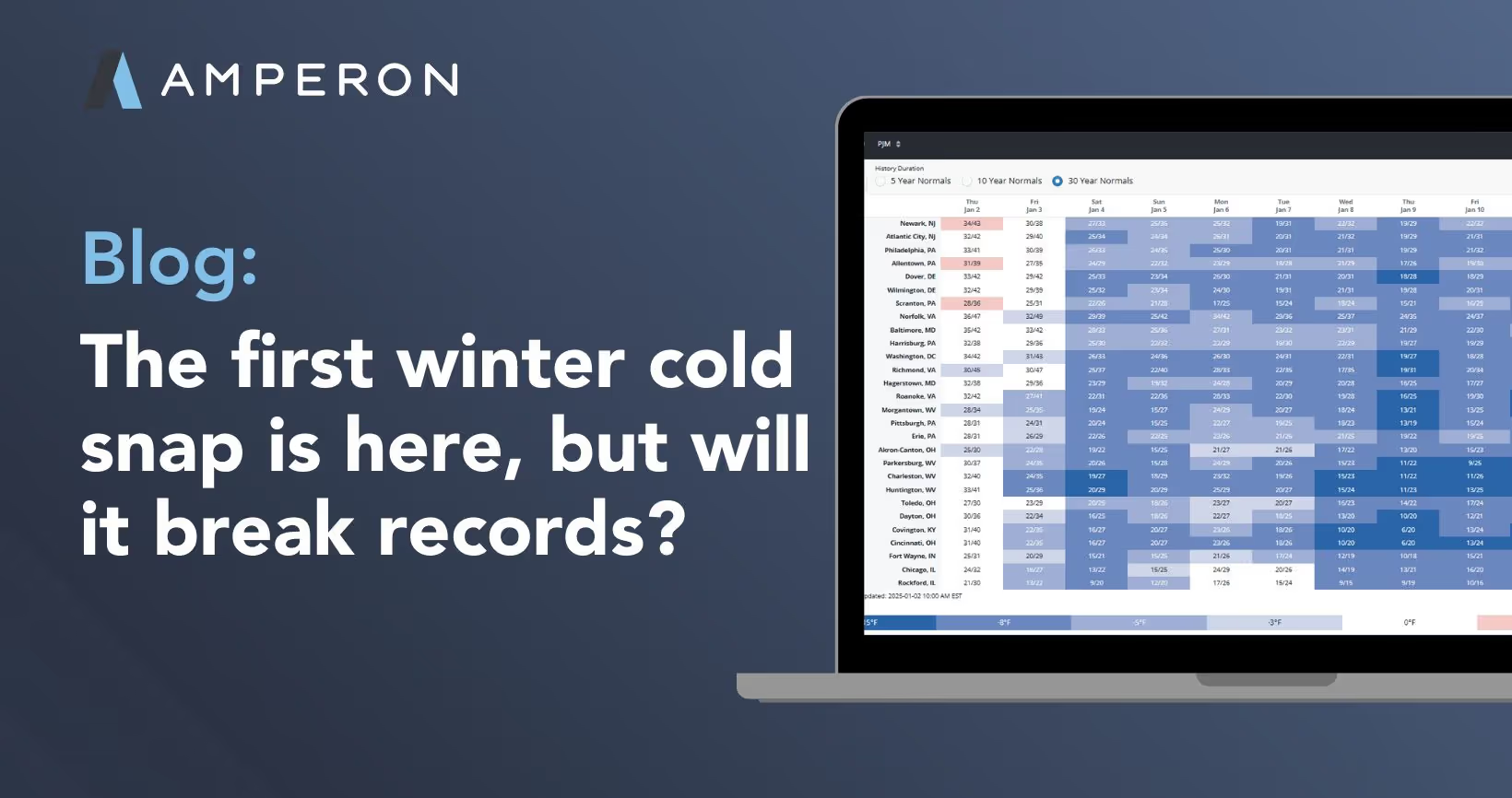

.avif)
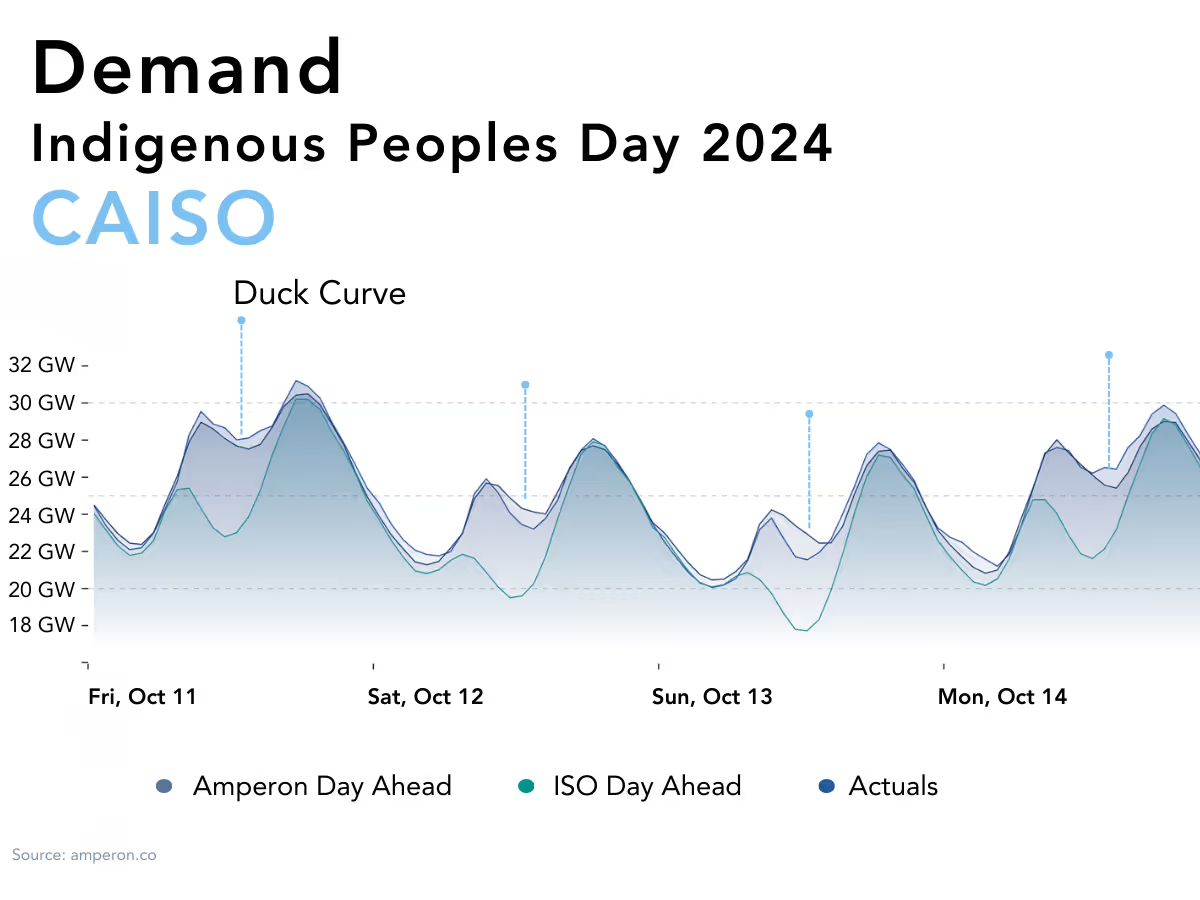
.avif)
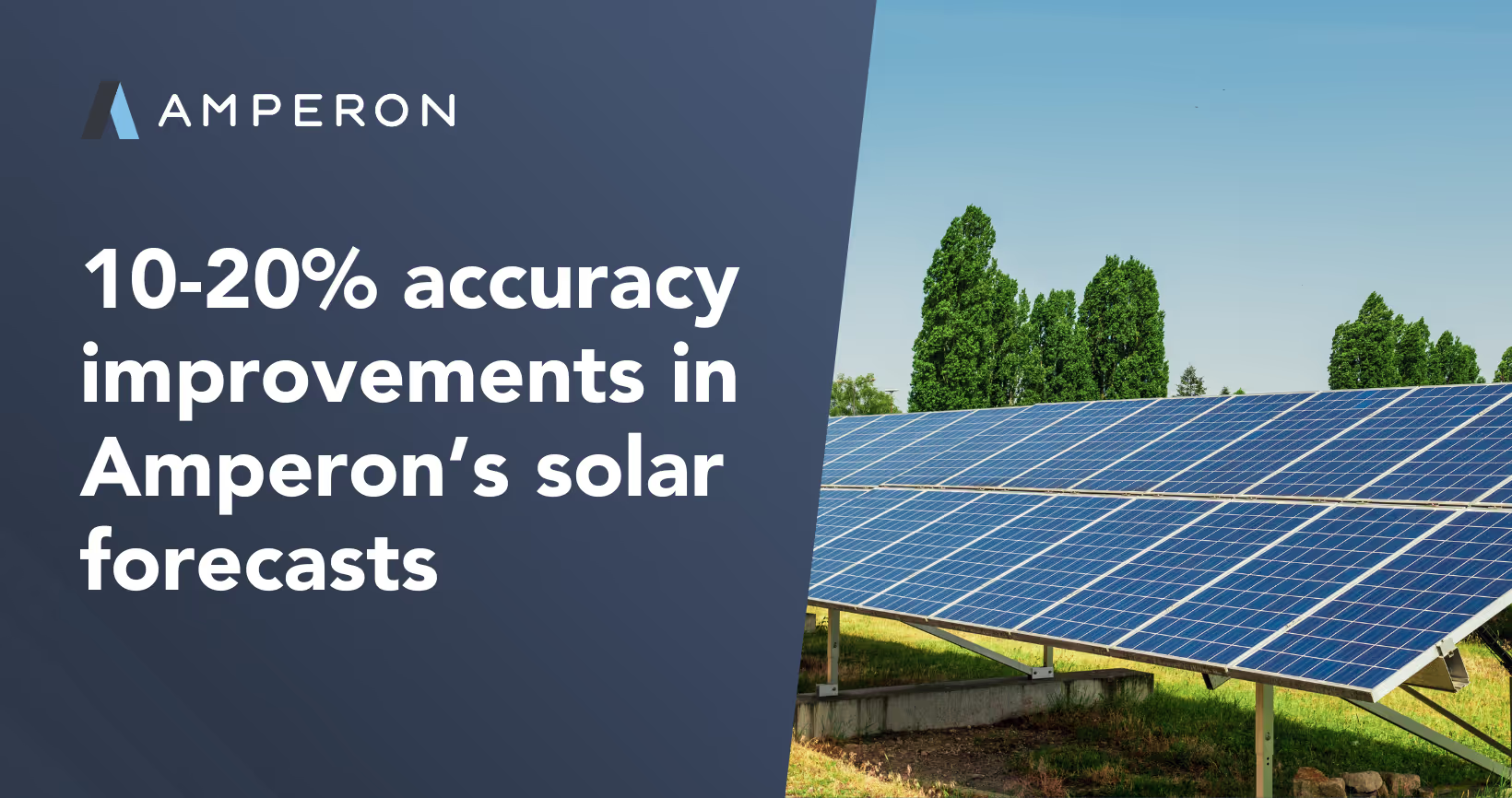





.avif)



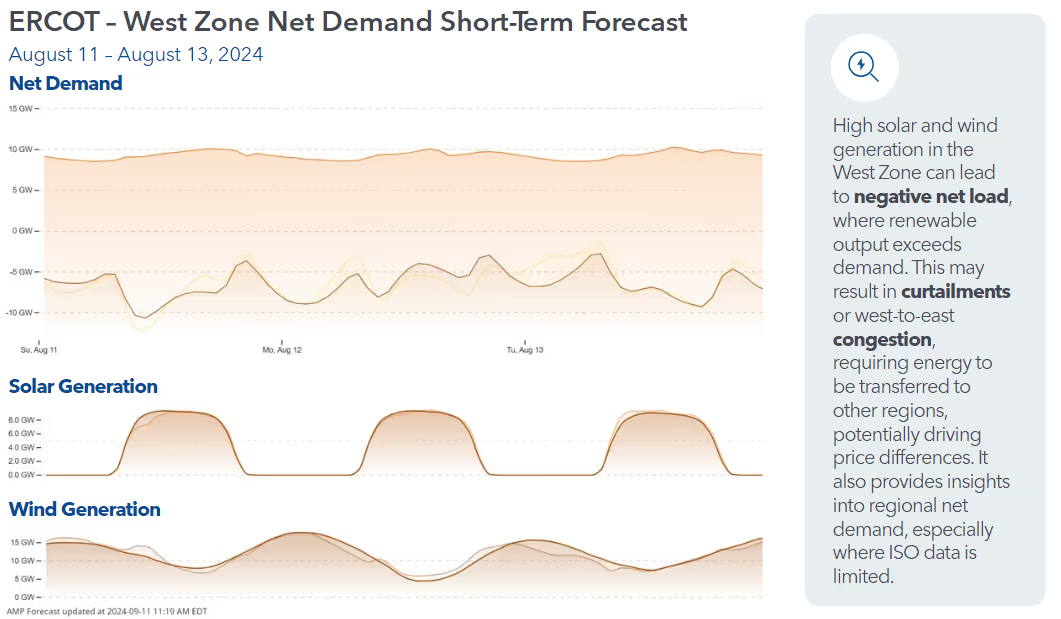



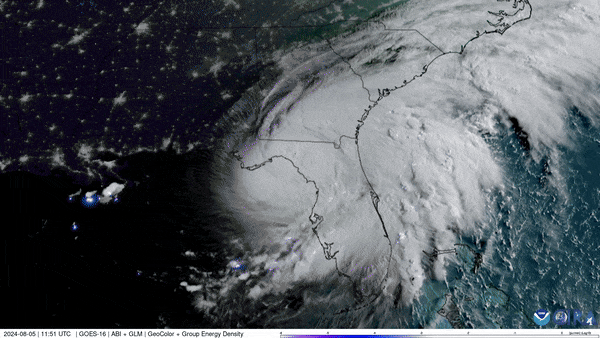

.avif)

.avif)





.avif)

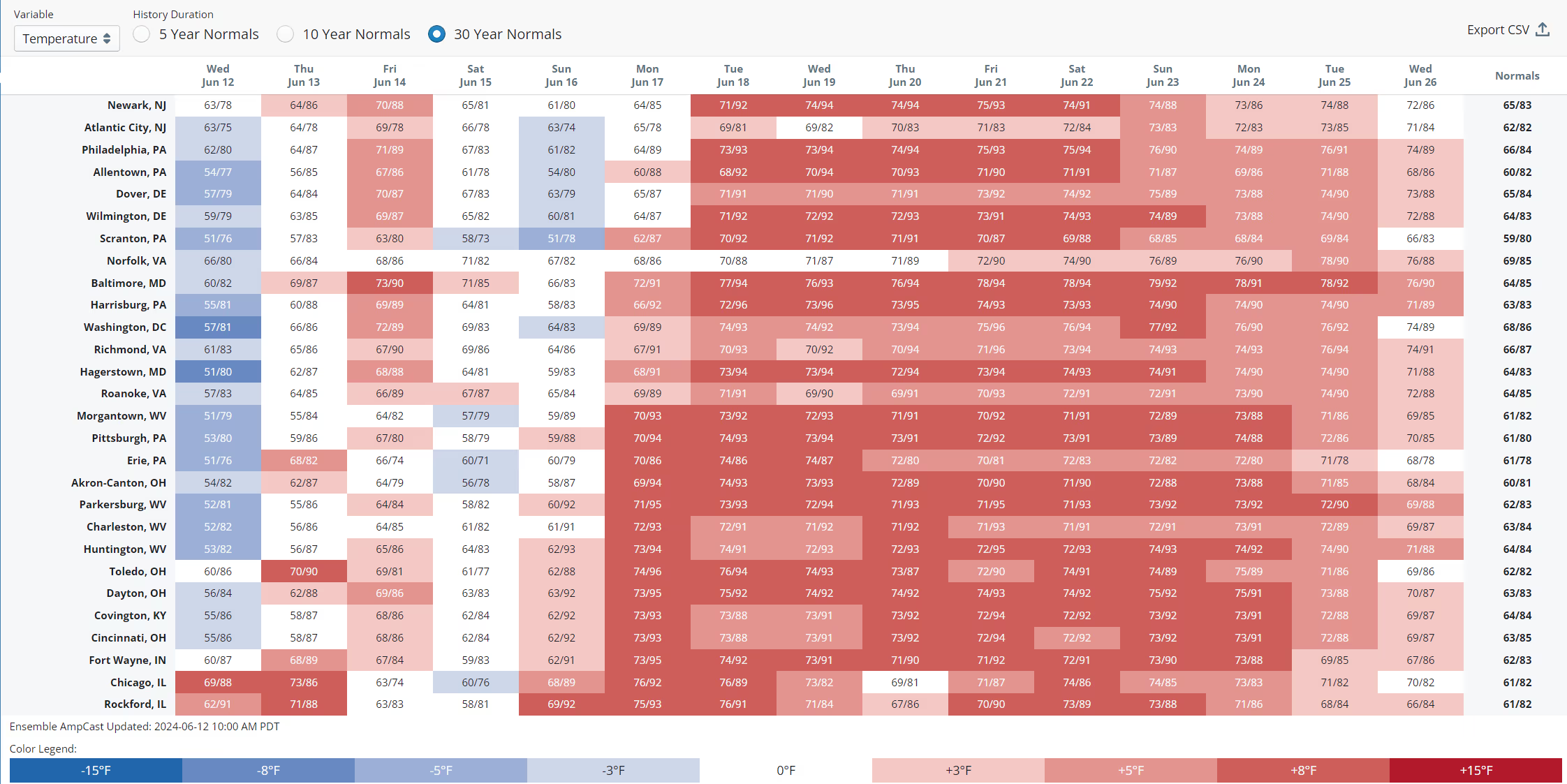
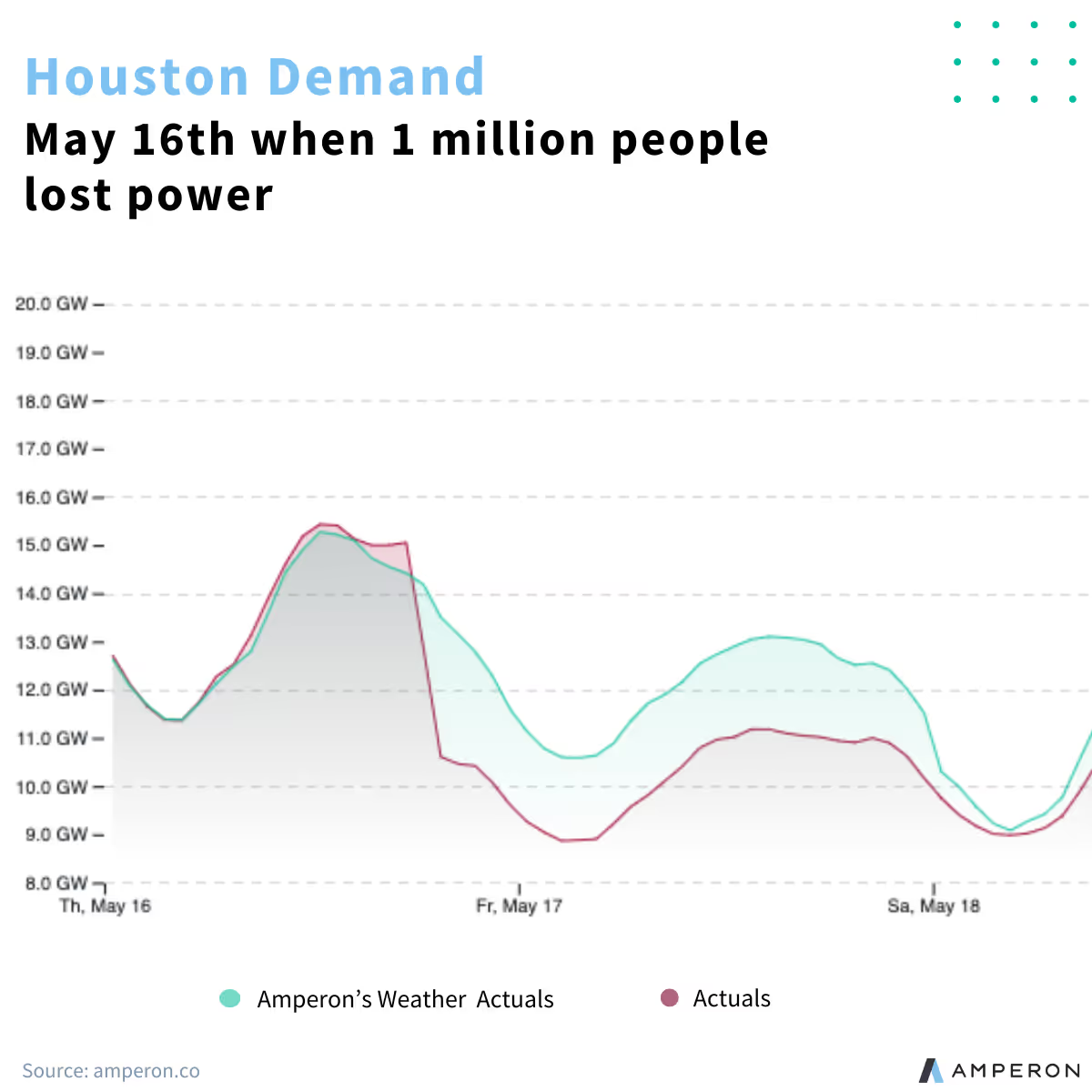


.avif)



